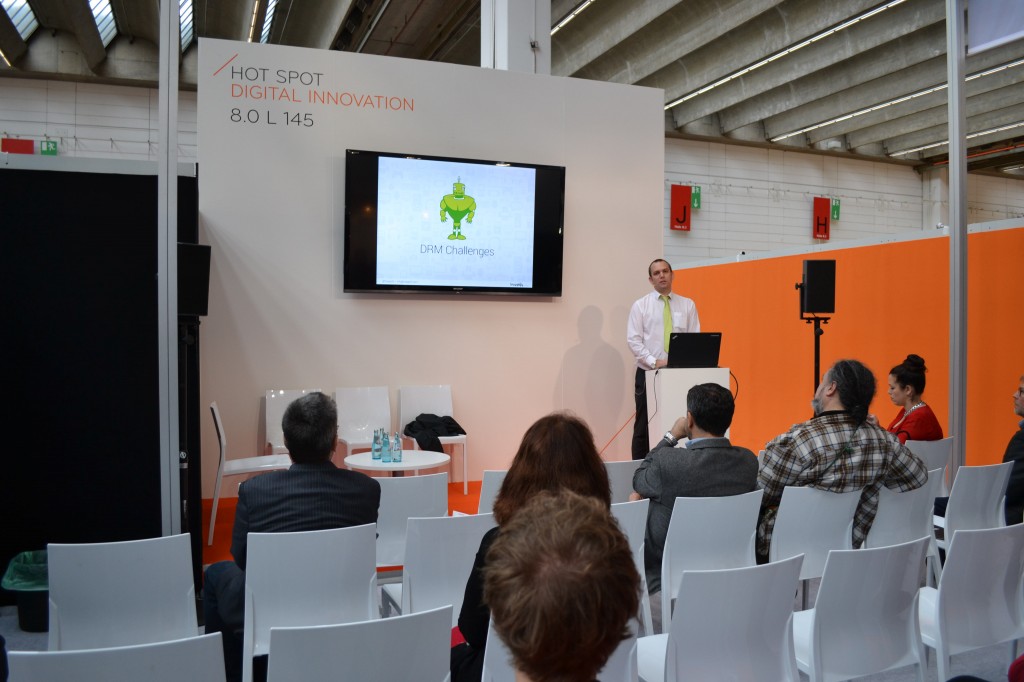The Frankfurt Book Fair, though situated in Germany, is a truly worldwide book event with entire halls dedicated to international publishing and rights, and vendors and exhibitors from literally all over the world. But one of the issues still plaguing digital publishing is that the world is still cutoff from ebooks in much the way the print rights must be secured on a country-by-country basis; this is compounded by a lack of cultural understanding in the ebook arena, and the impact that location has on book consumption in a particular country.
Good e-Reader met with South African-based Snapplify at the Frankfurt Book Fair to talk about some of the issues and how they can be overcome, specifically in terms of the lack of news coming from markets that are leading their own innovations that work for their cultures of readers, rather than trying to simply recreate a US model abroad.
“[Some conferences] are way too America-focused,” explained Snapplify CEO Wesley Lynch. “Not just for the sake of being representative, but if the market was a little more outward focusing, there’s opportunities that they can pick up, not just for access to other markets, but for improvements that other markets have been forced to address through innovations of necessity.”
It’s not just a concern in Africa, either. As Lynch explained, “Only two percent of the members of the IDPF are represented by Africa and South America. “Everyone is carrying on about Brazil, and it seems like there’s almost a battleground in Japan, Brazil, and some of these other key markets, and they’re the guys who are pushing and innovating and contributing to the ePub Standard. But Korea has more IDPF members than anyone else. The spirit is the same in the world of collaboration.”
One aspect of digital publishing that Lynch spoke at length about is the need for more awareness of cultural and geographical implications before advances can be made in some of the underrepresented book markets. For example, e-ink readers are still wildly popular as opposed to tablets in many outlying parts of Africa, due to their longer battery life and the ability to add ebooks via a USB cable in places with little or no internet connection. Other Asian markets, as an example, will not adopt a retail model similar to that of the US or UK when it comes to books, so adaptations have to be considered and put in place.
“I’ve got this utopian view that we’re all going to get together and play nice, and for the greater good. We’ll all end up with better ePub readers.”
Mercy Pilkington is a Senior Editor for Good e-Reader. She is also the CEO and founder of a hybrid publishing and consulting company.

